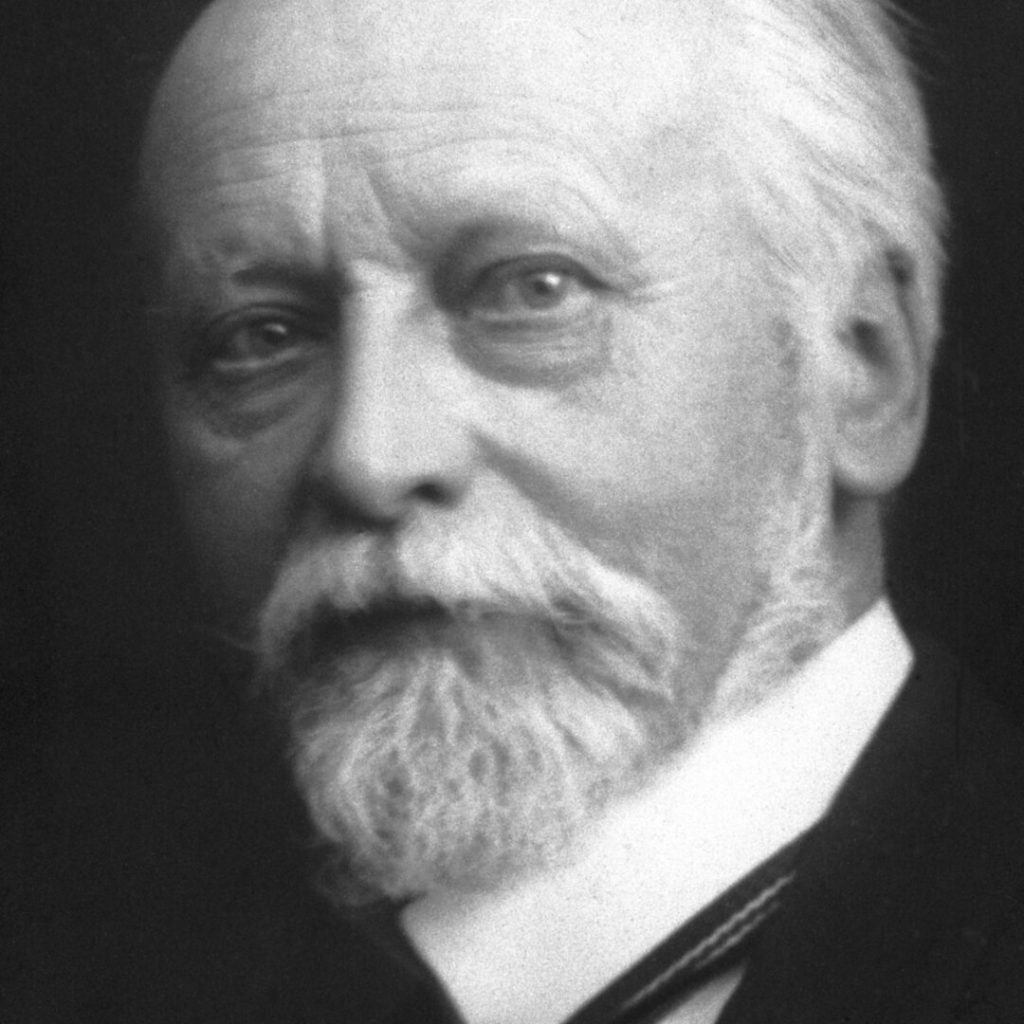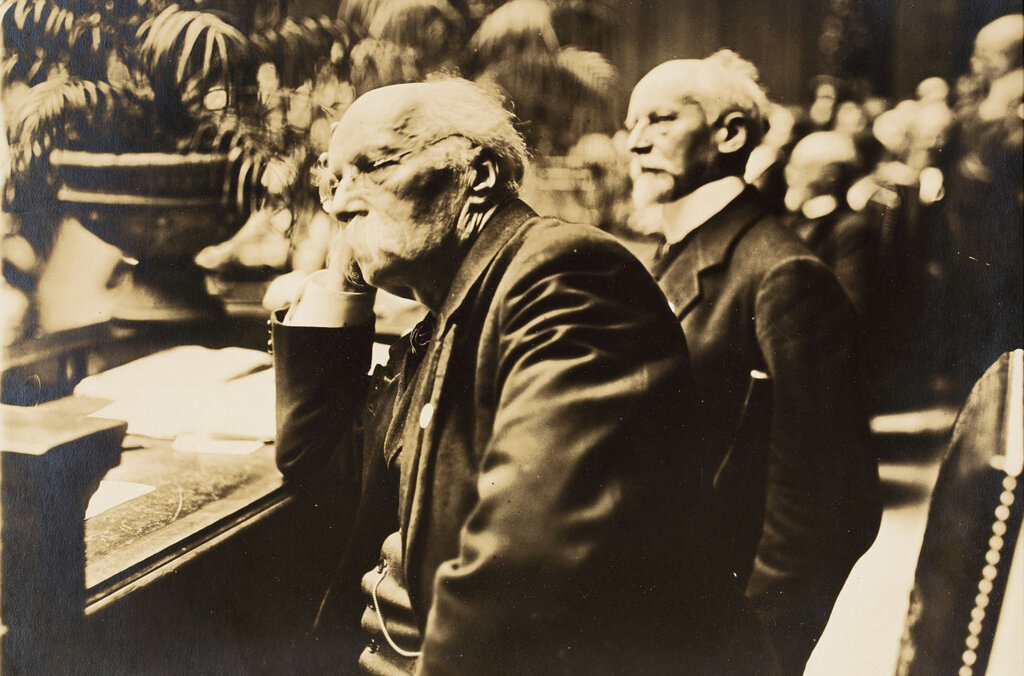Ludwig Quidde
Speed read
Ludwig Quidde was awarded the Nobel Peace Prize, jointly with Ferdinand Edouard Buisson, for his efforts for Franco-German reconciliation.

Full name: Ludwig Quidde
Born: 23 March 1858, Bremen, Germany
Died: 4 March 1941, Geneva, Switzerland
Date awarded: 10 December 1927
Against German war policy
Ludwig Quidde received the Nobel Peace Prize for his lifelong efforts to promote peace. He completed a doctorate in history, arguing already during his university days against anti-Semitic sentiments rampant among his fellow German students. After the Franco-Prussian War of 1870-71, Quidde sought to prevent new wars from erupting between the two countries. In 1907 he was elected to the German Reichstag, and when WWI broke out in 1914, he strongly opposed all German plans to seize territory from neighbouring countries. Quidde was unhappy over how harshly Germany was treated after the war, but, cautioning against revanchism, he worked hard to prevent German rearmament. When Hitler came to power in 1933, he fled to Switzerland, where he lived until his death.
”Two qualities stand out in Quidde’s writing and his work as a whole: moderation and courage.”
Fredrik Stang, Chairman of the Norwegian Nobel Committee, Presentation speech, 10 December 1927.
To jail for his convictions
Ludwig Quidde was distressed that Germany was subjected to such severe treatment at the hands of the victors of WWI. The Germans were forced to surrender territory, pay huge war reparations and disarm their military as well as carry the blame for starting the war. Quidde strongly disagreed that Germany alone was responsible for the war. However, he sought recognition for Germany as a fully autonomous state and approval of German membership in the new League of Nations. For these reasons, he exposed a secret, illegal German rearmament effort. As a result, he was forced to serve a short jail term.

”We pacifists can boast of having been among the first to recognize the necessity of setting up a system for mediation alongside that for arbitration.”
Ludwig Quidde, Nobel Prize lecture, 10 December 1927.
German citizenship revoked
A pacifist, Ludwig Quidde was kept under surveillance and imprisoned by German authorities for his peace efforts during and after WWI. Five years after Quidde received the Nobel Peace Prize, Adolf Hitler assumed power in Germany. When the Nazis declared Quidde a persona non grata, he moved to Switzerland. In 1940 his German citizenship was revoked because he wrote a letter describing the Nazi regime as a “band of robbers, murderers, arsonists and torturers.”
”During the yet more difficult time when war raged between the greater Powers of Europe, Dr. Quidde displayed strong moral courage by continuing nevertheless to work for conciliation between nations.”
Caroline E. Playne, Vice President, Union international de la Paix, Nomination letter 1925 – Nobel Institute Archives.
Learn more
Ludwig Quidde, the oldest son of a wealthy merchant, grew up in the republican atmosphere of the Hanseatic city of Bremen, enjoying an unusually liberal education at its humanistic gymnasium ...
Disclaimer: Every effort has been made by the publisher to credit organisations and individuals with regard to the supply of photographs. Please notify the publishers regarding corrections.
Nobel Prizes and laureates
Six prizes were awarded for achievements that have conferred the greatest benefit to humankind. The 14 laureates' work and discoveries range from quantum tunnelling to promoting democratic rights.
See them all presented here.
